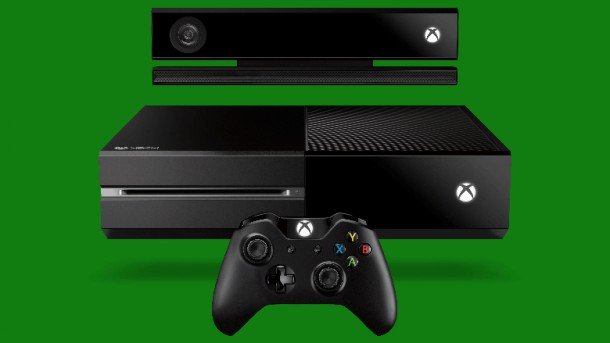EA CTO: Xbox One architecture is "a generation ahead of the highest end PC on the market"

Former Microsoft Corporate VP and current EA Chief Technology Officer Rajat Taneja has claimed in a LinkedIn post (thanks, GamesIndustry ) that the Xbox One and PS4's architectures are "a generation ahead of the highest end PC on the market."
According to Taneja's assessment, the Xbox One and PS4's " systems-on-a-chip (soc) architecture" not only outdoes the previous consoles with "magnitudes more compute and graphics power," but also bests current high-end PCs. "Their unique design of the hardware, the underlying operating system and the live service layer create one of the most compelling platforms to reimagine game mechanics," he writes.
Given his position (which does make his claims a bit suspect), it's fair to assume that Taneja has had access to both systems, and he may be referring to AMD's Jaguar architecture or other specific technical improvements—we don't doubt MS and Sony have great R&D teams—rather than overall performance. Aside from "raw horsepower," he praises the consoles for new opportunities to create "dynamic, living worlds" with real time updates, better social features, and the potential of cross-device play.
But use of "generation" in terms of PC hardware is a bit misleading, and why make the comparison at all?
During the launch of the PS3 and Xbox 360, we heard predictions from people such as analyst Michael Pachter and CNET Executive Editor David Carnoy suggesting the new generation would cause a decline in PC gaming. I've had a hard time, however, finding PC comparisons coming from game producers at the time—if I remember 2006 correctly, it was generally accepted that comparing raw power was futile outside of "console vs. PC" flame wars.
And if I remember incorrectly, maybe there was a lesson to be learned—for Pachter and Carnoy, hindsight is 20/20. PC hardware has shot leagues ahead of Xbox 360 and PS3 hardware. The rise of large-scale digital distribution has created new opportunities for smaller developers to create both niche games and massive phenomena like Minecraft. Over 4 million gamers are logged into Steam as I write, and smaller distributors are seeing success, too. eSports are growing, and new free-to-play business models exploded—Dota 2 recently boasted 329,977 simultaneous users . PC gaming is thriving.
The Xbox One and PS4 dramatically expand what EA and others can offer the console market, but claims of technical superiority over PCs still don't impress. They might validate the hopes of those already planning to purchase a new console, but my ears won't perk up until I hear phrases like "mod support" or "a better market for indie developers." Raw power is part of PC gaming's appeal—and we're skeptical of claims that the new consoles can muster more—but it's also about using that power without restriction.
Keep up to date with the most important stories and the best deals, as picked by the PC Gamer team.
Now, to be fair, we do occasionally enjoy flexing our processing biceps , too, so let's just wait and see what the benchmarks say when we can analyze the Xbox One's architecture and performance ourselves.

Tyler grew up in Silicon Valley during the '80s and '90s, playing games like Zork and Arkanoid on early PCs. He was later captivated by Myst, SimCity, Civilization, Command & Conquer, all the shooters they call "boomer shooters" now, and PS1 classic Bushido Blade (that's right: he had Bleem!). Tyler joined PC Gamer in 2011, and today he's focused on the site's news coverage. His hobbies include amateur boxing and adding to his 1,200-plus hours in Rocket League.

